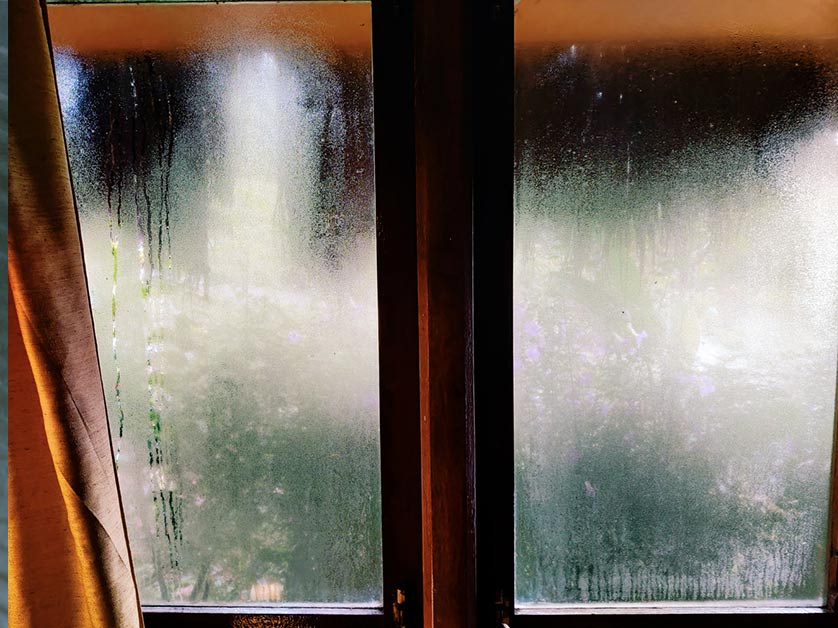Handyman Connection is a Great Fit for You! Visit our Career Page! Click Learn More.

Home Improvement / December 9, 2024

It’s common for windows to fog up during winter. While many regard it as an annoyance — it can spoil an otherwise great view — fogging may also cause damage to window frames. In today’s post, Handyman Connection® of Mason takes a look at the reasons why windows fog up when it’s cold, and how fogging can be prevented.
Condensation happens when moisture in the air comes into contact with a cold surface. This is why a cold glass of water left on the counter seems to perspire, and why eyeglasses suddenly become cloudy when you leave a cold room. Glass is a material that readily conducts heat, so when exposed to cold outdoor temperatures, it becomes colder than the indoor space — therefore, indoor moisture will form on its surface.
Persistent condensation on the windows indicates poor insulation; it indicates a larger problem. You see, poorly-insulated windows allow heat loss. In addition to affecting your home’s comfort by forming cold spots around them, these windows increase the workload on your heating system, which means higher energy bills. If you have a large number of poorly-insulated windows, chances are you’ll see a spike in your utility bills every winter.
There are some things that can be done to prevent window condensation.
If you need a skilled installer for your new windows, give Handyman Connection of Mason a call at (513) 733-3777. You can also fill out our contact form to request a free estimate.